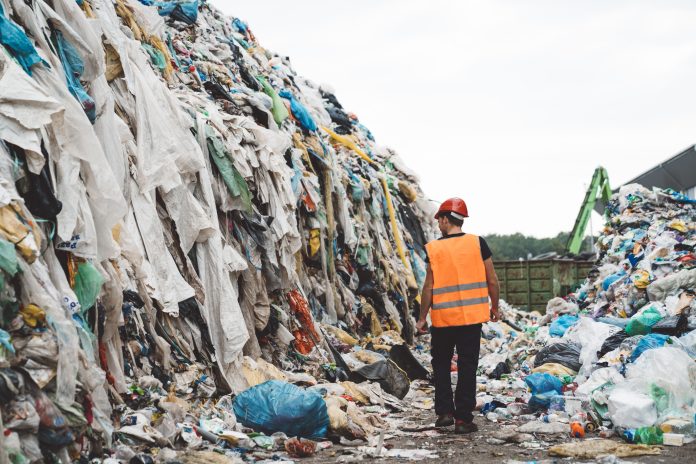The European Union is taking action towards a more circular and sustainable economy with the Waste Framework Directive, which officially entered into place on 16 October
The updated Waste Framework Directive outlines standard rules for extended producer responsibility (EPR) in the textile and footwear sectors and introduces binding food waste reduction targets for all Member States.
The aim is to reduce waste, cut environmental damage, and boost economic resilience by promoting sustainable practices and reducing dependence on raw materials.
The revised Waste Framework Directive hopes to reduce waste, cut environmental damage and boost economic resilience by promoting sustainable practices and reducing dependence on raw materials.
The revision aligns closely with the EU’s Competitiveness Compass and Strategic Agenda for 2024–2029.
The environmental cost of textiles
Europe’s textile and clothing sector is a massive part of the economy, generating a turnover of €170 billion in 2023 and employing 1.3 million people across nearly 200,000 companies.
However, the industry’s environmental footprint is enormous. In 2020, textiles ranked as the third most impactful sector for water and land use, and fifth for raw material consumption and greenhouse gas emissions.
Textile waste is also a growing challenge. Around 12.6 million tonnes of textile waste were generated in the EU in 2019, but only about one-fifth was collected separately for reuse or recycling. The rest ended up in landfills or incineration, contributing to pollution and the loss of valuable resources.
Extended producer responsibility for textiles and footwear
To tackle this, the revised Waste Framework Directive makes EPR schemes mandatory across the EU. Under these schemes, producers of textiles and footwear will pay fees for each product they place on the market. The collected funds will be used to support the collection, sorting, reuse, recycling, and proper disposal of textile waste.
The fees will be adjusted based on the sustainability of the products, a concept known as eco-modulation. This is intended to drive innovation and encourage the creation of longer-lasting, circular products.
Funds from EPR schemes will also support consumer awareness campaigns, research and development, and improvements in waste prevention and management. Social economy organisations that handle second-hand clothing will be exempt from EPR fees and can continue operating their own collection systems, ensuring they remain part of the circular economy.
Cleaner rules for used textiles
The new rules also clarify how used textiles should be classified and managed. All textiles collected separately will be treated as waste until properly sorted, ensuring consistent treatment across Member States. This measure is designed to prevent the illegal export of waste under the guise of “used textiles,” a persistent problem in global textile trade.
Food waste reduction targets
The Waste Framework Directive also introduces the EU’s first legally binding targets for reducing food waste. By 2030, Member States must cut food waste by 10% in processing and manufacturing, and by 30% per person at the retail and consumption levels, including restaurants and households.
To achieve this, countries will need to update their food waste prevention programmes, encourage behavioural change, support food donations and promote innovation to reduce inefficiencies along the supply chain.
The European Commission will review progress by 2027 and may propose updated or new targets beyond 2030.
EU Member States have 20 months to incorporate the revised Waste Framework Directive into national law and 30 months to establish their EPR systems for textiles and footwear. Authorities responsible for food waste prevention must be designated by January 2026, with updated prevention measures in place by October 2027.











